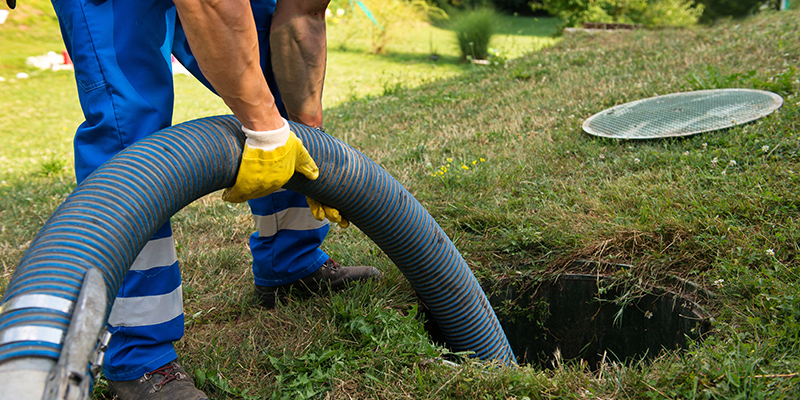Residents Express Regret Over Sweetwater West Septic Tanks

Residents self-funded a project to rip out and convert Sweetwater West septic tanks. Now, they are expressing regrets over their decision.
Browse By Category
Sign up for Our Newsletter
Residents self-funded a project to rip out and convert Sweetwater West septic tanks. Now, they are expressing regrets over their decision.
Sweetwater West Septic Tanks Cause Woes in Orange County
Five years ago, Mike King played a pivotal role in convincing skeptical neighbors residing in Sweetwater West to join a significant sewer project. This project, aimed at safeguarding the delicate Wekiwa Springs from septic-system pollution, required personal financial contributions from over 180 homes in the gated community.
The community was the first of 17 neighborhoods in Orange County to commit to a septic-to-sewer conversion, initially estimated at $123 million. However, over 2 years since the commencement of the project, residents have expressed dissatisfaction. King is among them.
Despite initial optimism, the endeavor has become a nightmarish experience for many. King, pointing out issues like a sod-less section of a neighbor’s lawn and an unpaved half-lane of street, highlights the subpar quality of the work.
This discontent in Sweetwater West presents a setback for Orange County’s broader septic-to-sewer conversion efforts. The county hoped Sweetwater West would serve as a “showroom.” It would help persuade other neighborhoods to participate in similar conversions.
Failed to Achieve Goal
The overarching objective of these conversion projects is to enhance water quality in the Wekiva River and Wekiwa Springs. Fifteen years ago, numerous septic systems in Orange, Lake, and Seminole counties were diagnosed as impaired. The diagnosis stemmed from nitrogen and phosphorus pollution. The initiative sought to address the environmental concerns associated with septic tanks.
Debbie Sponsler, a spokesperson for county utilities, acknowledges the complexity of transitioning to cleaner sewer hookups. She notes residents’ challenges with disruptions, such as torn-up streets, yards, and sidewalks. The expectation is to restore everything post-construction, but unforeseen issues may require additional disruptions.
A Costly Investment Gone Wrong
Through a majority vote, Sweetwater West homeowners had initially agreed to contribute $6,000 each. This would be payable over 10 years with their taxes. This collective financial commitment was critical for securing state and county funding. Orange County and St. Johns River Water Management District covered approximately 90% of the total cost.
The estimated cost for connecting all 20 neighborhoods involved in the project has surged to $145 million, reflecting increased material and labor expenses. Moreover, there are neighborhoods still contemplating the sewer option, with three yet to commit. Now, they face a higher connection fee of $7,500, surpassing the $6,000 assessment in Sweetwater West.
The Sweetwater West project, initiated in June 2021 with a projected completion date in September 2022, remains unfinished. Residents express frustration through various channels, including the contractor, county officials, and community forums. Complaints range from damaged roads to abandoned debris piles, with residents feeling left in the dark about the progress.
There Is Hope Yet
Amid discontent with the contractor, county officials have taken responsibility, citing “supply-chain” issues resulting from the pandemic contributing to the delays. Despite falling short of the envisioned “showroom” quality, Orange County Utilities Deputy Director Andres Salcedo assures residents that the county will leave Sweetwater West in the “same shape or better, not worse.”
Acknowledging the concerns raised, utility engineer David Arms emphasizes the ongoing commitment to completing the project correctly. While residents voice grievances about repeated disruptions and specific issues, Arms pledges a dedication to ensuring the project’s integrity.
Trending Now
Related Article
Sign up for Our Monthly Newsletter
Sign up below for monthly updates on all HOA Resource
















